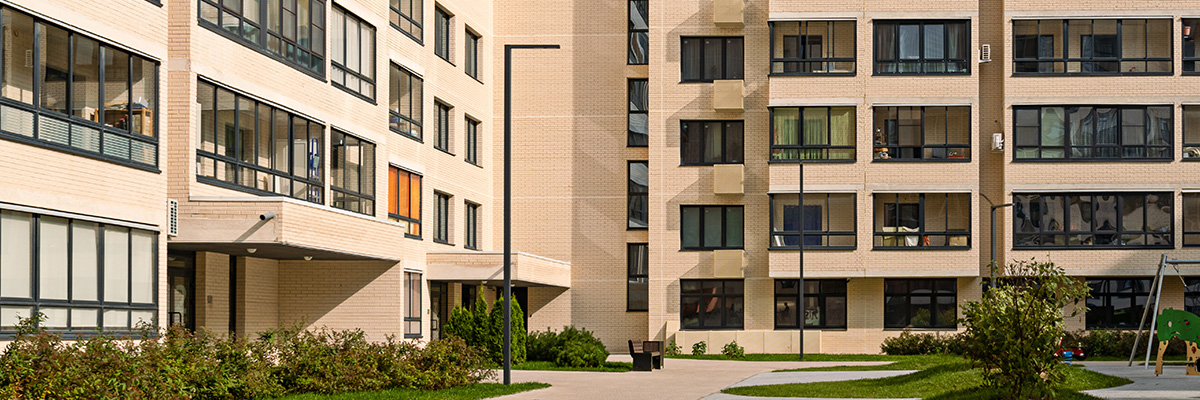
On 30th June 2022 the long-awaited Leasehold Reform (Ground Rent) Act 2022 came into force
In the government’s own words, this “will make home ownership fairer and more transparent for millions of future leaseholders”.
What issue does the Act try to address?
As covered widely in the media, there have been concerns about the impact on the value of leasehold properties where the lease contains provisions for periodic increases in ground rent, often referred to as ‘escalating ground rents’.
The concern is that the ground rents demanded by landlords often end up being far greater than would be expected for what was originally intended to be a simple rent for the use of the ground on which a property is built. Concerns also surround a technical legal argument (as yet unresolved) that might unwittingly mean that a lease becomes a mere Assured Shorthold Tenancy due to a loophole in the if a leaseholder fails to pay the ground rent for a certain period. No doubt, some readers have already experienced the delays this can cause to a conveyancing transaction as sellers try to negotiate less onerous ground rent terms with landlords in order to satisfy mortgage lender requirements.
What does the Act do and what does this mean for you?
The good news is that from 30th June 2022, landlords of regulated leases must not require a leaseholder to pay a ground rent of more than “one peppercorn per year”, effectively capping ground rents to zero financial value.
Regulated leases covered by the Act include:
- Leases granted on or after 30th June 2022
- Long leases exceeding 21 years for a single dwelling
- Leases granted for a premium (or a ‘purchase price’) but this does also include leases which have been varied by a ‘deed of surrender and regrant’ and no premium was paid.
- Leases that are not excepted leases
Statutory Lease Extensions for flats must already be granted a peppercorn ground rent notwithstanding this Act.
Where does the Act’s peppercorn limit not apply?
It is important to note that the Act does not apply to leases already in existence prior to the 30th June 2022 and therefore, while the Act is a significant first step in making ground rents fairer for future leaseholders, we would welcome further measurements from the government to provide more equitable leases for all.
In addition, the Act will also not apply to voluntary (or non-statutory) lease extensions in which the landlord will be entitled to retain the existing ground rent until the remainder of the original lease term has expired.
The Act will also not apply where:
- A lease is not a regulated lease
- A buyer and seller have entered into a contract for the grant of a lease before the 30th June 2022, even if the lease itself is granted after 30th June 2022
- Leases are for community-led housing, certain financial products and business leases
- The lease is a shared ownership lease where the rent is paid on the landlord’s owned share; the peppercorn limit will only apply to the leaseholder’s owned share
It should also be noted that the Act will not apply to regulated leases of retirement homes until 1st April 2023 at the earliest due to a transition period which is in place for such properties.
What should I do if I am a leaseholder or a landlord?
Whether you are a prospective purchaser of a leasehold property, a leaseholder looking to extend your lease or challenge an illegal ground rent, or a landlord keen to ensure that you are complying with the new legislation, our Property and Dispute Resolution teams at TV Edwards are well equipped to provide you with the legal expertise you need to take the best course of action for your circumstances.
If you have any questions or require any assistance on any of these issues, please contact Juanita Francis at juanita.francis@tvedwards.com (Property expert) or our Dispute Resolution team or either of the two on 0203 440 8000.







